With plagiarism by Dhaka University teachers at their work hitting the headlines at a regular interval, the others responsible enjoy impunity, thus, facing no music whatsoever.
Instead, in many cases, the supervisors, editors or review committee members of the papers plagiarized are promoted.
This continues to happen despite the university, once dubbed as the Oxford of the East, punishing a number of teachers.
Sources preferring anonymity hinted that no fewer than 21 such cases of plagiarism have been confirmed in the last few years.
The situation has raised eyes brows of not only experts and academics, but of students.
They said alongside the plagiarists, the others concerned, too, must be held accountable for the wrongdoing as they are the ones responsible for clearing the research papers.
Generally, each academic journal is peer-reviewed and every write-up goes through a tight review process by an editorial panel or a supervisor. No paper can be published without being their scrutiny and green signal.
A PhD dissertation goes through a further scrutinization process. Supervisors and the review committee involved goes through the paper and the researchers have to hold seminars and face viva. If the candidate can pass through all the processes, the dissertation gets the final nod for publication.
Two case studies
In January, three teachers were demoted on charge of plagiarism in their writing-- but the editors of the journals faced no action whatsoever.
Those punished are Samia Rahman of the Mass Communication and Journalism Department; Syed Mahfujul Haque Marjan of the Criminology Department; and Mohammad Omor Faruq of the Islamic History and Culture Department.
Samia and Marjan’s article “A New Dimension of Colonialism and Pop Culture: A Case Study of Cultural Imperialism” was published in Social Science Review, the journal of DU Social Science Faculty in 2016.
Professor Farid Uddin Ahmed, who edited the journal, is now the vice-chancellor of Shahjalal University of Science and Technology.
When asked of his role in the article being published, Farid said: “I can hardly remember the incident since many years are gone by.”
Meanwhile, Faruq’s PhD degree was cancelled in 2018 following plagiarism charges but no academic action was taken against him then, before his demotion was announced earlier this year.
Abul Kalam Lutful Kabir, associate professor of the Pharmaceutical Technology Department, was also found guilty of plagiarism.
The supervisor and the review committee were not brought under the university law in this case too.
Kabir began his research “Tuberculosis and HIV Correlation and Co-infection in Bangladesh: An Exploration of Their Impacts on Public Health” in 2014 under the supervision of Professor Abu Shara Shamsur Rouf of the department while Professor ABM Faroue was the co-supervisor.
Reaction from experts, student leaders
BRAC University Professor Emeritus Manzoor Ahmed said the researchers have to play the ultimate role, then the editor, the supervisors and the review committee have to complete their parts properly.
“Nowadays, plagiarism-checking software is available in the market. Those concerned can put the research in it, and find the plagiarism and errors easily, he added.
Nobody can avoid their responsibilities if a plagiarized paper is published, he said, adding, plagiarism can be stopped if all remains sincere.
Echoing the same, eminent academic Abul Kashem Fazlul Haque said courage and professional honesty is a must for doing quality research, which lack in Bangladesh.
There are a few academics working sincerely, but sometimes they are forced to keep mum due to the “toxic” environment, the professor added.
Similar observations also came from some other teachers, who wishing anonymity, said thorough checking by the supervisors can detect plagiarism at the initial stage.
Defending his role, a supervisor said they have to do little after being contacted by high officials to approve the dissertations assigned.
Tanvir Hasan Saikot, former member of Dhaka University Central Students Union, said: “How does the offence dodge the supervisors and editorial board? And what role do they play?”




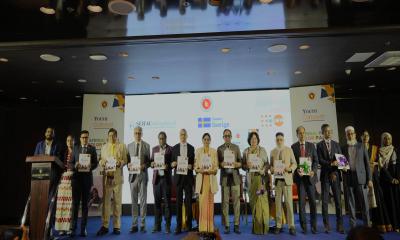

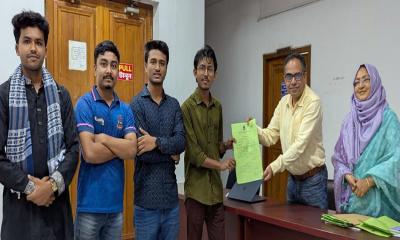
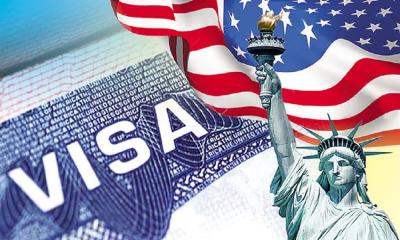

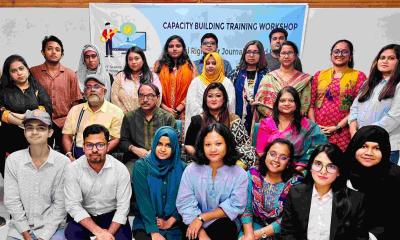
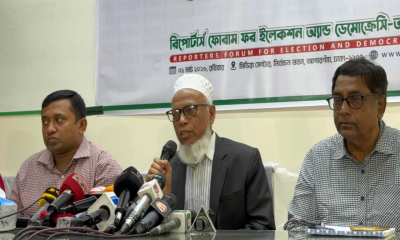
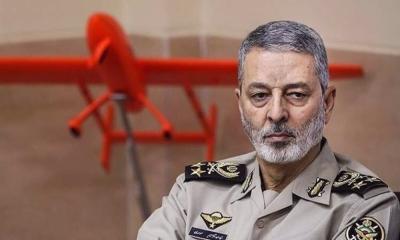


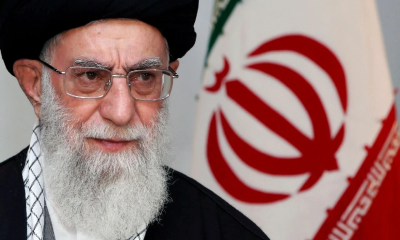
-20260301064029.webp)
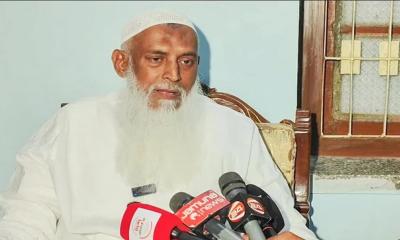
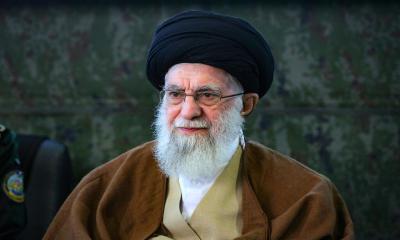
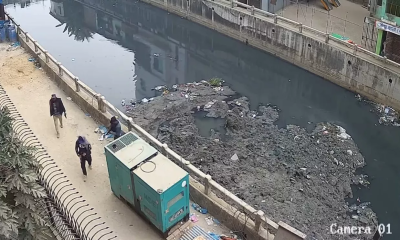
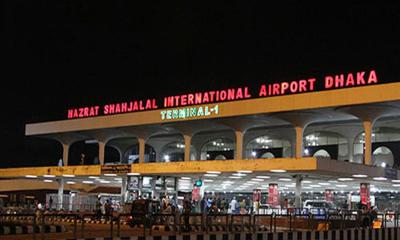

-20260228080513.webp)
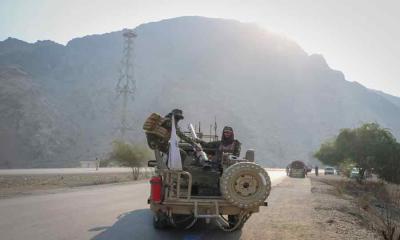
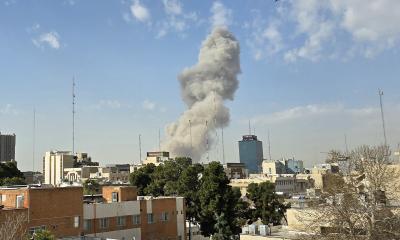
-20260228064648.jpg)





-20260224075258.webp)





-20260225072312.webp)


